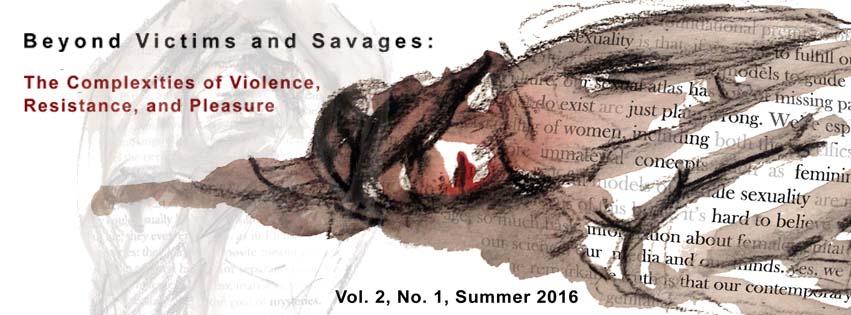Egyptian Vibrant Soundscapes Matter, a Talk by Dr. Malmström

Maria Frederika Malmström will let you experience, through language, images and soundclips, the role of heard and felt vibrations in creating public intimacy (as well as distance) and public spaces in Egypt. Although in many ways a continuation of earlier military governments, the current state has not only succeeded in wielding strong material and affective forces, but also in partly satisfying the widespread desire for stability these forces have evoked, in part by reproducing a neo-patriarchal state that is seen as defending national interests. What we see is that the frequency of sound, produced by the state, can disrupt a sense of nationhood as well as unite it. Sonic warfare—or the controlled lack of sonic materiality—is an action of corporeal disciplining; the vibrations of military aircraft’s sonic materiality stimulate, frighten, and control bodies. The thunderous masculine soundscape from military aircraft or helicopters, or the silence during curfew in 2013, intensely affected the collective body. In doing so, the state has both materialized its presence and provoked still more powerful desires for individual and collective safety, stability, and comfort. However, from 2011 and onward, the explosion of alternative sounds in Egypt, became an imperative political transformative tool. We will discuss how alternative sound systems operate at auditory, corporeal, and sociocultural frequencies. Affective politics of vibrations has this capacity to influence senses of belonging, collective united body and public intimacy.
Bio:
Maria Frederika Malmström is currently a visiting scholar at New York University, at the Department of Anthropology, and from January 2017, she will return to the Department of Anthropology/Institute for Research on Women, Gender and Sexuality at Columbia University, New York City, as well as start a new collaborative research project The Materiality of Suspicion and the Ambiguity of the Familiar: Nigerian and Egyptian Cityscapes at Center for Middle Eastern Studies (CMES) at Lund University. She is also a Senior Researcher for North Africa in the Conflict, Security and Democratic Transformation Cluster at the Nordic Institute in Uppsala, Sweden.